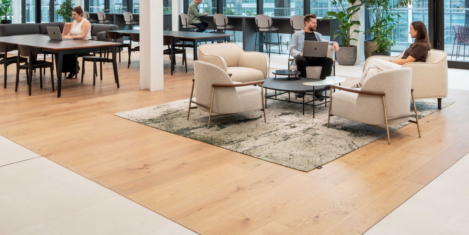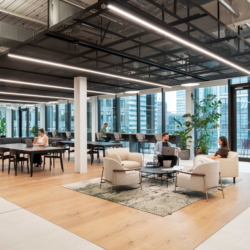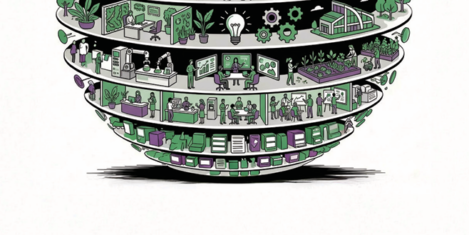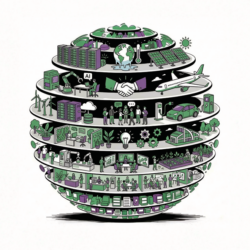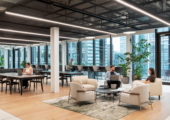January 27, 2026
Workspace Design Show London unveils “Connected Realities” installations
 Workspace Design Show (25–26 February 2026, Business Design Centre, London) returns with a series of immersive installations that bring the show’s 2026 theme, Connected Realities, to life. Designed by leading architecture and workplace design studios, these installations explore how physical environments, digital systems, material innovation and human experience are becoming increasingly interconnected in the modern workplace. Together, the installations form a journey across the show floor, inviting visitors to pause, interact, reflect and reimagine how workplaces are designed, experienced and sustained. (more…)
Workspace Design Show (25–26 February 2026, Business Design Centre, London) returns with a series of immersive installations that bring the show’s 2026 theme, Connected Realities, to life. Designed by leading architecture and workplace design studios, these installations explore how physical environments, digital systems, material innovation and human experience are becoming increasingly interconnected in the modern workplace. Together, the installations form a journey across the show floor, inviting visitors to pause, interact, reflect and reimagine how workplaces are designed, experienced and sustained. (more…)












